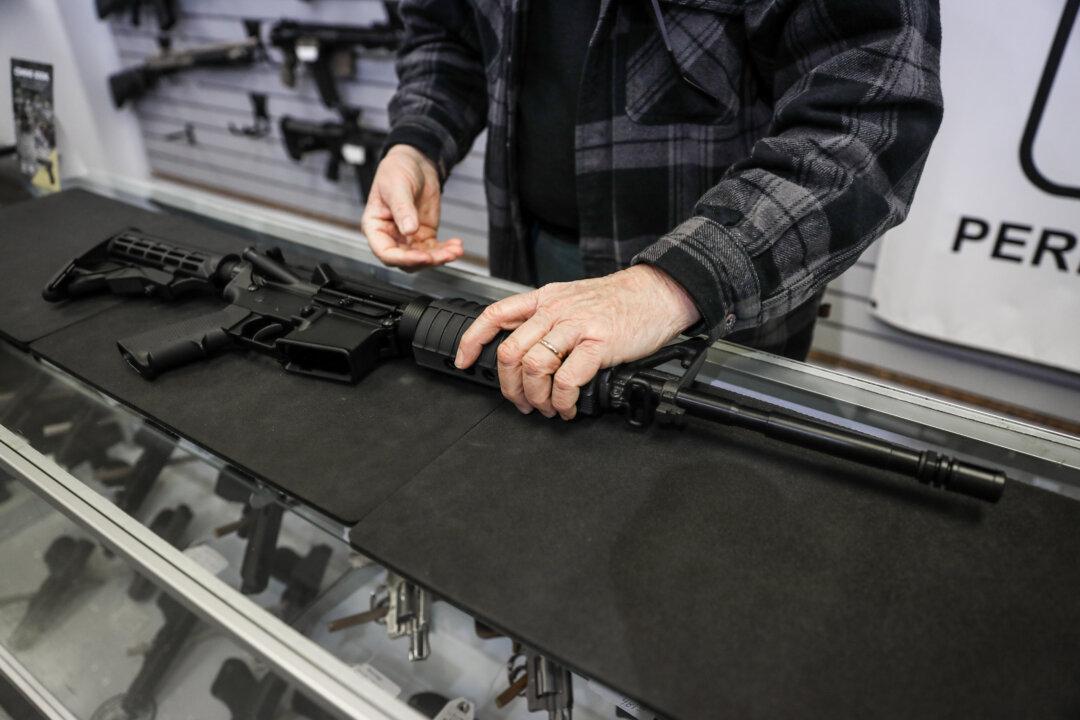Bringing guns to the Oregon State Capitol has been made illegal by a bill signed into law on June 1 by Democrat Gov. Kate Brown.
The law previously passed in the legislature with Democrats in favor and minority Republicans in opposition.

Bringing guns to the Oregon State Capitol has been made illegal by a bill signed into law on June 1 by Democrat Gov. Kate Brown.
The law previously passed in the legislature with Democrats in favor and minority Republicans in opposition.